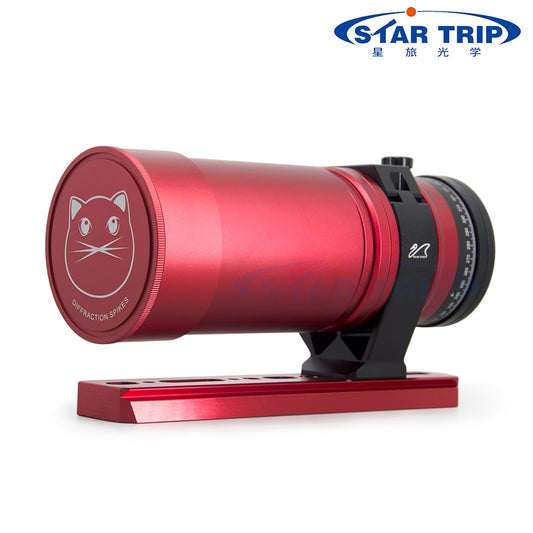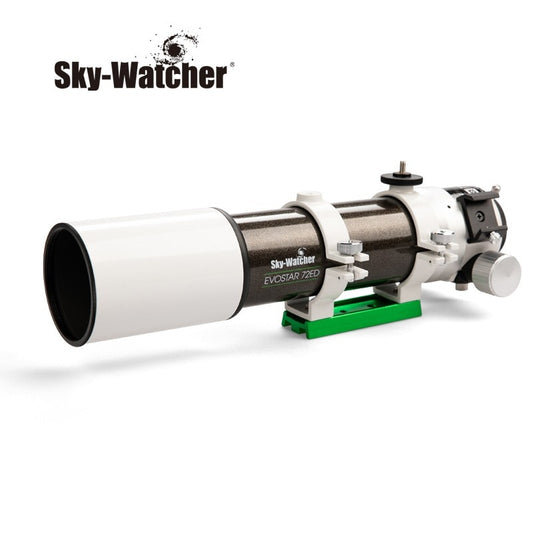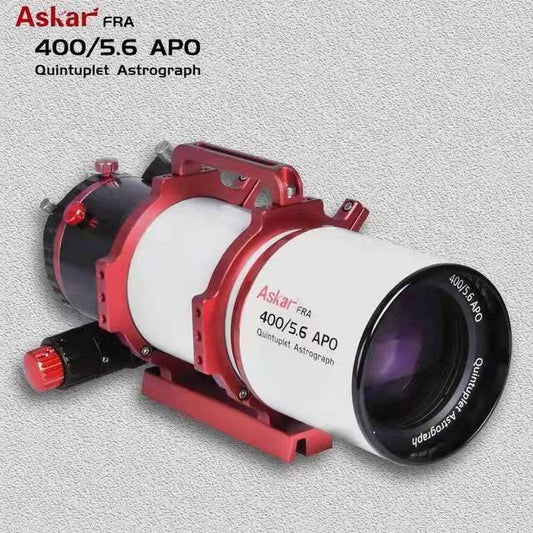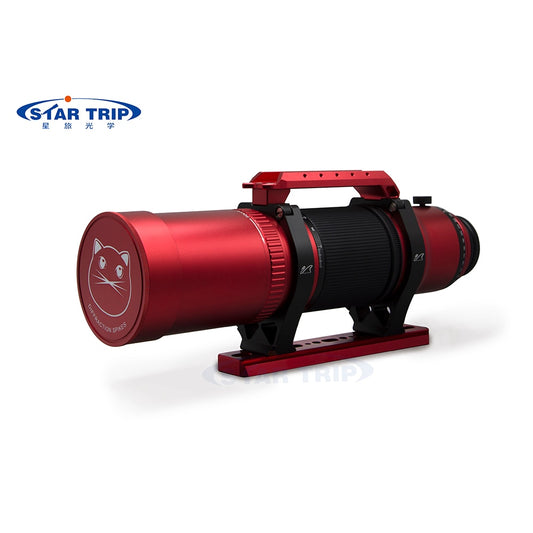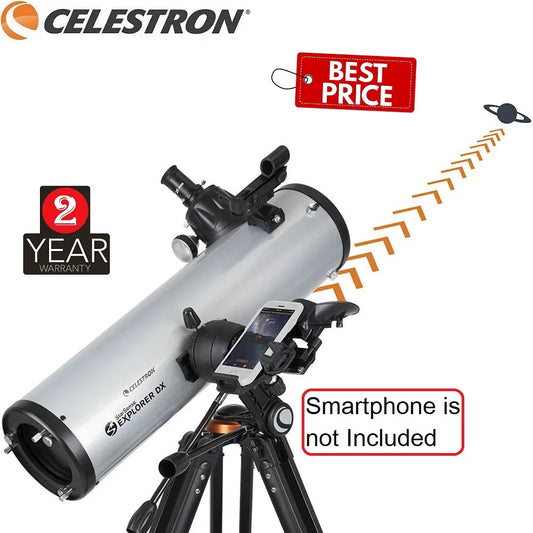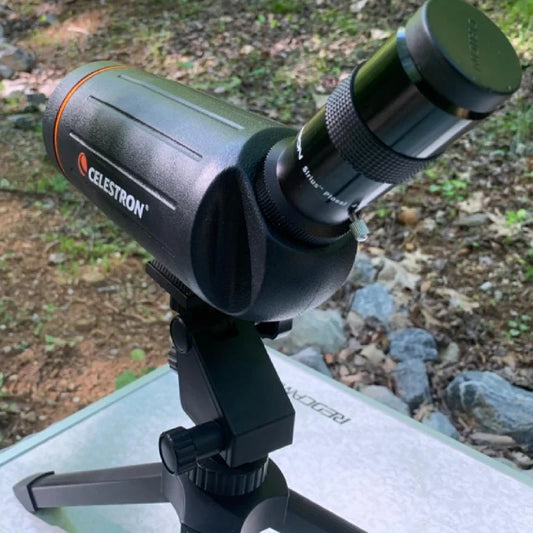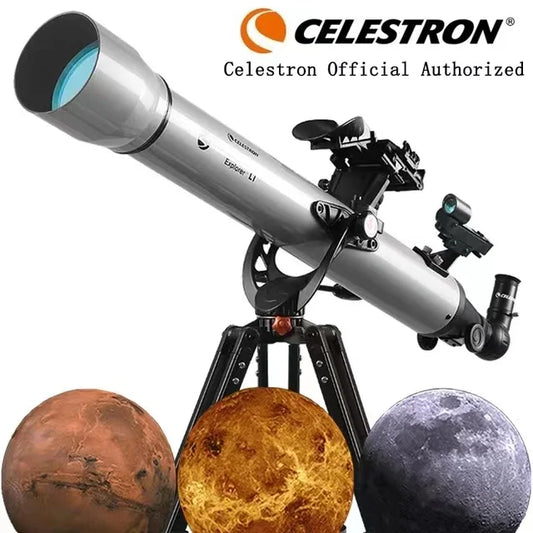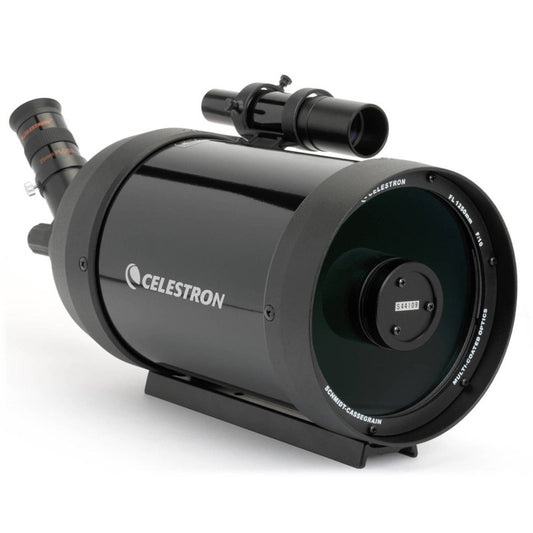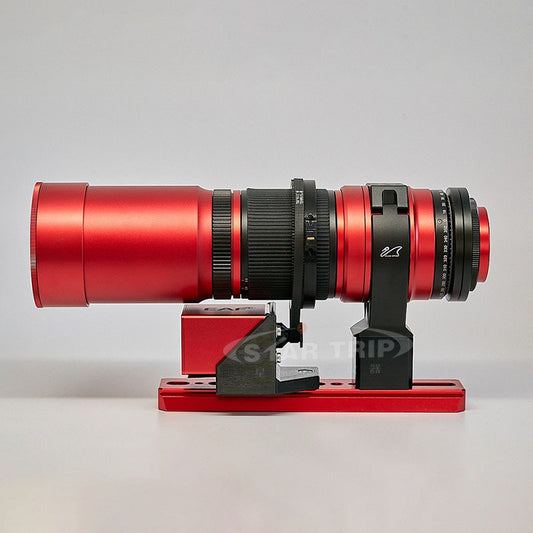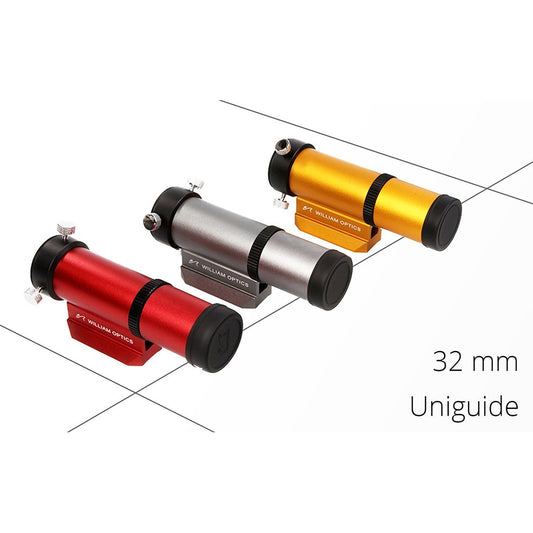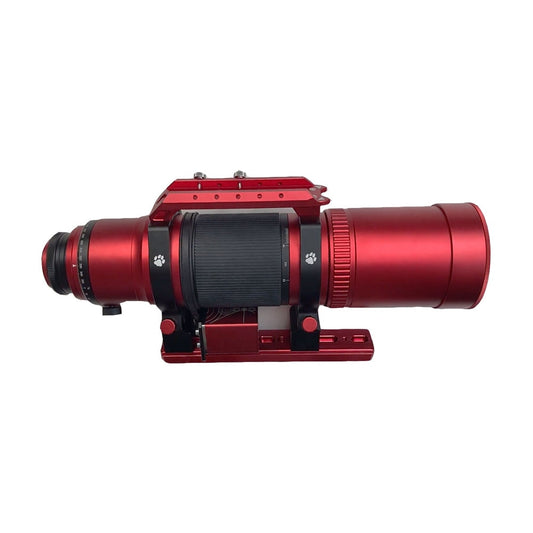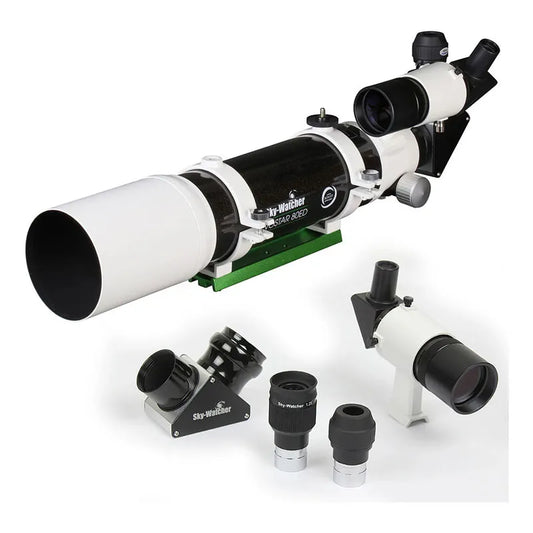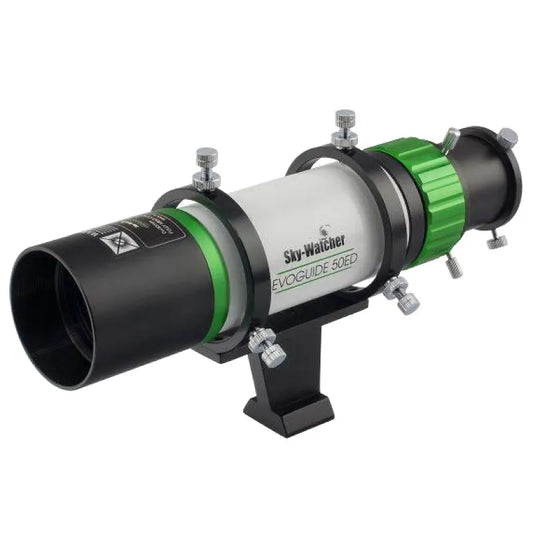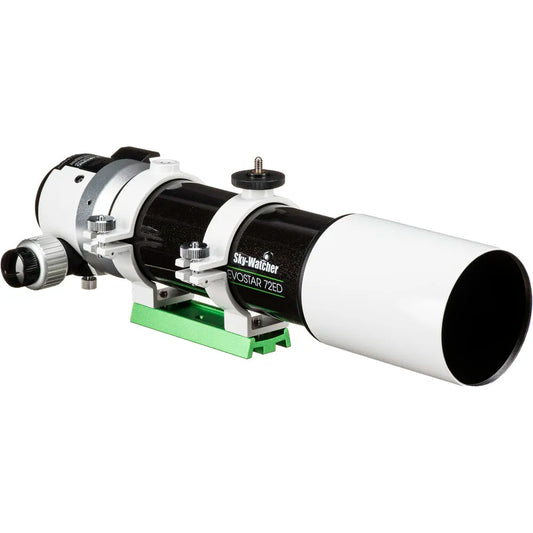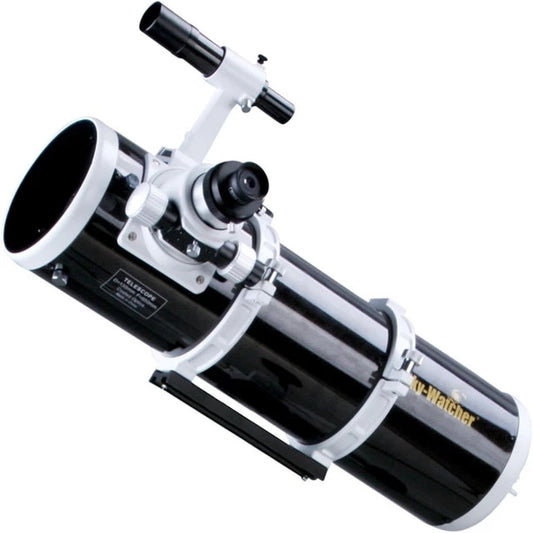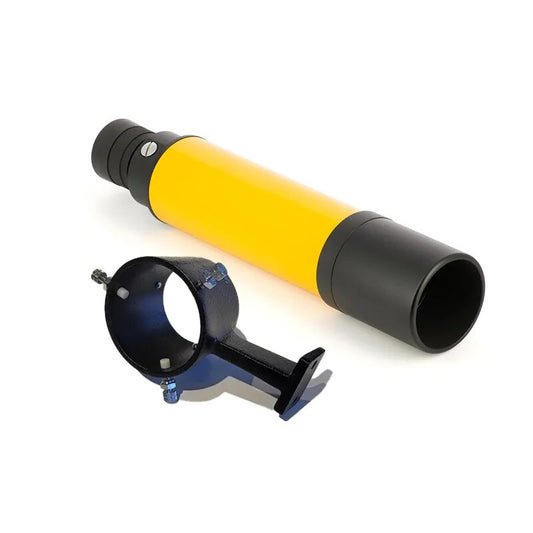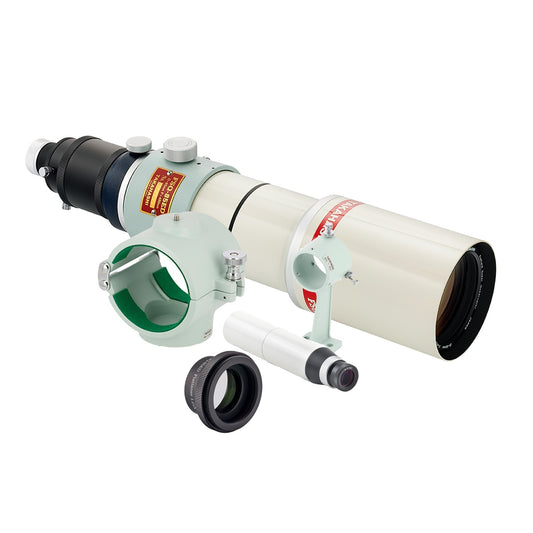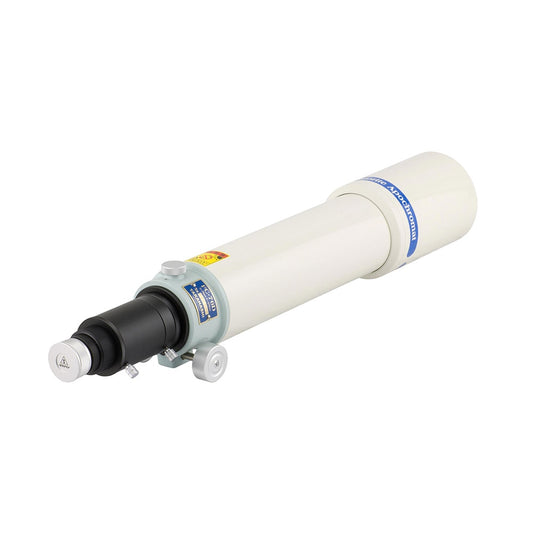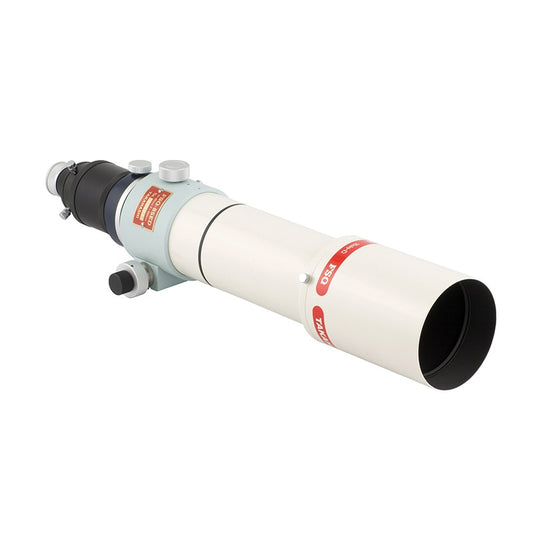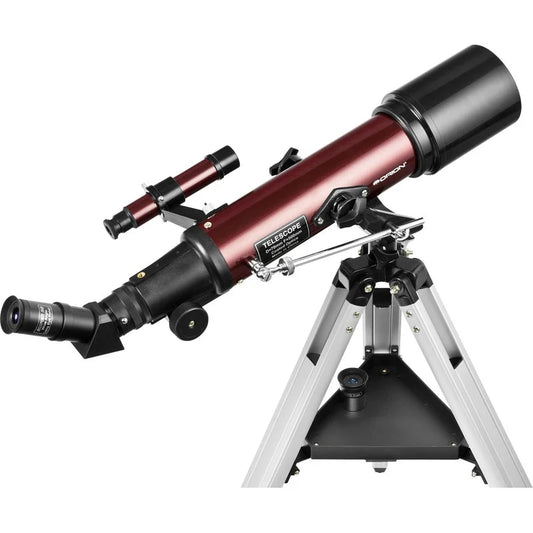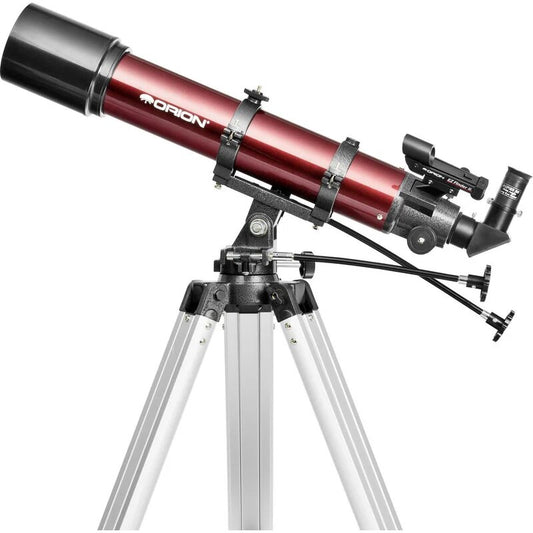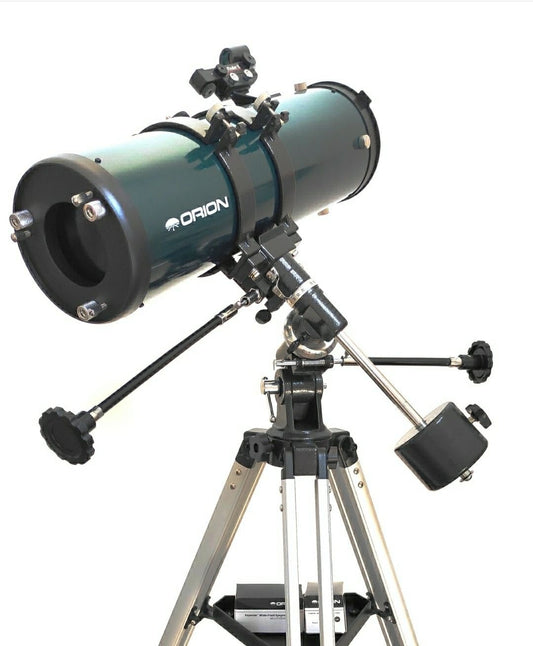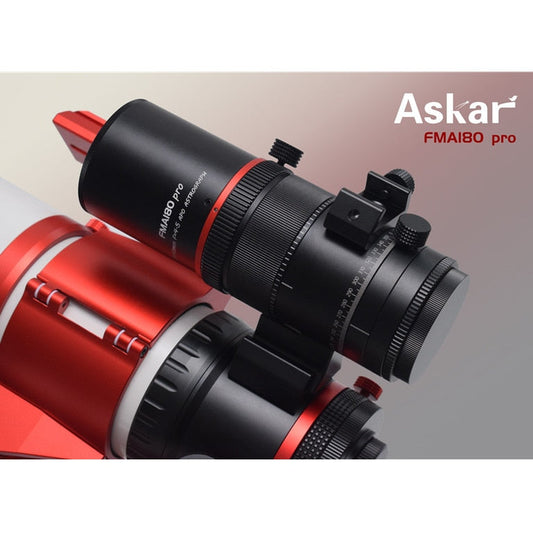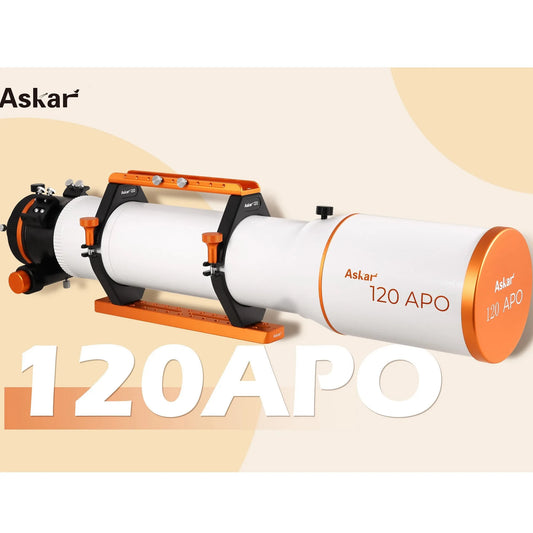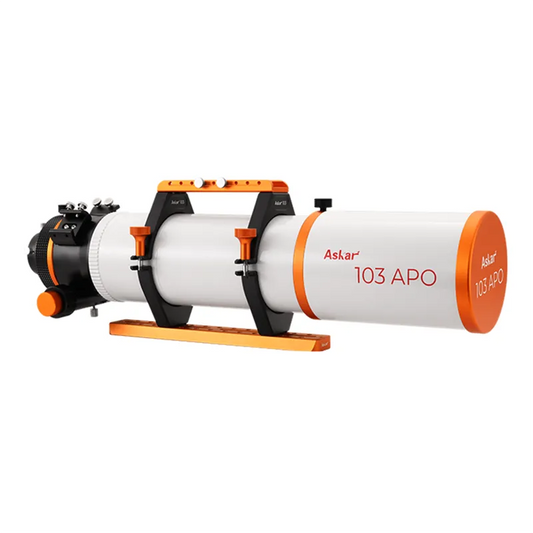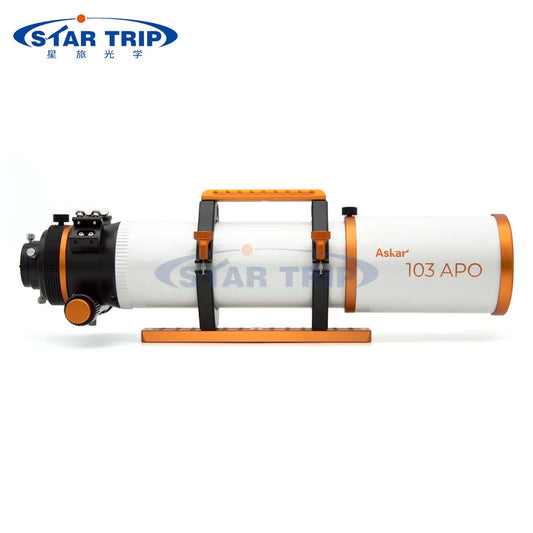In the world of astrophotography, the key to capturing the stunning splendors of the universe lies in your equipment. In particular, your choice of telescope can make or break your deep space imaging endeavors. This comprehensive guide will walk you through the best telescope options from top brands like Celestron, Sky-Watcher, William Optics, Takahashi, and Sharpstar.
Unfolding the Art of Deep Space Astrophotography
Deep space astrophotography, an exciting intersection of art and science, involves capturing images of celestial objects beyond our solar system. From distant galaxies to nebulae and star clusters, the universe offers limitless photographic opportunities. To get the best images, it's crucial to have the right telescope suited for this kind of photography.
The Importance of Telescope Specifications in Astrophotography
Every aspiring astrophotographer must understand that not all telescopes are created equal. The telescope's aperture, focal length, and mounting system significantly impact your deep space photography results. Let's explore some of the top models in the market.
Celestron NexStar 8SE
Celestron's NexStar 8SE is a Schmidt-Cassegrain telescope with an 8-inch (203.2 mm) aperture and 2032 mm focal length. It provides a focal ratio of f/10 and is equipped with a StarPointer finderscope and a computerized GoTo mount for ease in locating and tracking celestial objects.
Pros
- Large aperture for enhanced light gathering
- Automated GoTo mount for easy object tracking
- Compact design for portability
Cons
- Requires power supply for the motorized mount
- Could be challenging for beginners to set up
Sky-Watcher EvoStar 120 APO
The Sky-Watcher EvoStar 120 APO is a refractor telescope with a 120 mm aperture and a 900 mm focal length, providing a focal ratio of f/7.5. The optical tube assembly weighs about 11.02 lbs (5 kg), making it relatively portable for a telescope of its class.
Pros
- Excellent for astrophotography with clear, bright images
- Robust mount for precise tracking
- Aluminum case for durability and secure storage
Cons
- More substantial weight might hinder portability
- Requires additional accessories for optimal astrophotography performance
William Optics Zenithstar 81 APO
The Zenithstar 81 APO from William Optics features an 81 mm aperture, a 555 mm focal length, and a focal ratio of f/6.9. The telescope is lightweight, weighing only 6.6 lbs (3 kg) and uses FPL-53 glass for high-contrast images with minimal chromatic aberration.
Pros
- Compact and portable design
- Exceptional imaging performance
- Premium build quality
Cons
- Higher price range
- Does not come with a mount
Takahashi FS-60CB
The Takahashi FS-60CB is a compact refractor telescope with a 60 mm aperture, a 355 mm focal length, and a focal ratio of f/5.9. Despite its small size, it is highly regarded for its advanced proprietary coatings and sharp, high-contrast images.
Pros
- Lightweight and highly portable
- Produces sharp, high-contrast images
- Ideal for wide-field astrophotography
Cons
- Small aperture compared to other models
- High cost for its size
Sharpstar 61 EDPH II
The Sharpstar 61 EDPH II is an apochromatic refractor telescope that features a 61 mm aperture, a 335 mm focal length, and a focal ratio of f/5.5. This lightweight telescope weighs just 3.3 lbs (1.5 kg) and offers an excellent balance between portability and performance.
Pros
- Compact and lightweight design
- Triple element design for clear, sharp images
- Excellent for wide-field astrophotography
Cons
- Does not come with a mount
- Additional reducer/flattener required for optimal performance
Selecting the perfect telescope for your deep space astrophotography needs should be a decision informed by your specific needs, skill level, and budget. Explore the universe and capture its mesmerizing beauty!
Getting the Most from Your Telescope
Once you've made the big decision and invested in a telescope, learning how to effectively use it will significantly improve your astrophotography experience. Understanding how to align your telescope, how to adjust your mount for precise tracking, and how to correctly use filters can make a huge difference in your image quality.
Maintenance of Your Telescope
Maintaining your telescope is just as important as selecting the right one. Regular cleaning, checking, and calibration of your telescope will extend its lifespan and ensure it continues to deliver high-quality images. Store your telescope in a safe and dry place, and keep all of its lenses clean and dust-free.
Expanding Your Astrophotography Journey
Taking the step to invest in a telescope for deep space astrophotography is just the beginning. As you grow in this hobby, there are additional accessories and equipment you may want to consider, such as high-quality DSLR cameras, filters, and dedicated astrophotography software, to enhance your image capturing capabilities.
DSLR Cameras for Astrophotography
A high-quality camera is a critical piece of the astrophotography puzzle. While your telescope captures the light from distant celestial objects, it is the camera that records this light and turns it into the stunning images you see. DSLR cameras are a popular choice due to their versatility, image quality, and wide range of compatible accessories.
Filters and Their Importance
Filters are another crucial piece of equipment in an astrophotographer's toolkit. They help you highlight specific details in your images, reduce light pollution, and capture better detail in different weather conditions.
Astrophotography Software
Modern astrophotography is a digital process. From guiding software that helps you track celestial objects to post-processing software that helps you enhance and bring out the detail in your images, there's an array of software options available to astrophotographers.
Joining the Astrophotography Community
Finally, as you journey further into the world of deep space astrophotography, consider joining a local or online astrophotography community. This allows you to learn from others, share your images and experiences, and even participate in group stargazing and astrophotography sessions.
Conclusion
Deep space astrophotography can be a rewarding and fulfilling hobby or even a professional pursuit. With the right equipment, you can capture breathtaking images that provide a unique perspective on the universe around us. Whether you're a beginner or an experienced astrophotographer, brands like Celestron, Sky-Watcher, William Optics, Takahashi, and Sharpstar offer telescopes that cater to a wide range of needs and budgets. Choose the one that best fits your requirements, and you'll be well on your way to exploring the wonders of the cosmos. Happy stargazing!
More Astrophotography Topics:
- Astrophotography Equipment for Beginners
- Astrophotography for Beginners
- Best Camera for Astrophotography
- Best Telescope for Astrophotography
- What Equipment Do I Need for Astrophotography
- Astrophotography Camera Settings
- Astrophotography Image Processing
- Night Sky Astrophotography Tips
- Milky Way Astrophotography Tips
- Beginner Deep Sky Astrophotography Targets
- Astrophotography Setup for Beginners
- Astrophotography Tips for Beginners
- Astrophotography for Dummies
- Astrophotography Image Editing Software
- Astrophotography Focusing Techniques
- Best Astrophotography Star Tracking Mount
- Best Beginner Astrophotography Targets
- Best Image Stacking Software for Astrophotography
- Best Narrowband Astrophotography Targets
- Astrophotography Targets by Month
- Good Widefield Astrophotography Targets
- GIMP Astrophotography Plugins
- Flat Frames Astrophotography
- Bias Frames Astrophotography
- Dark Frames Astrophotography
- Calibration Frames Astrophotography
- Dithering Astrophotography
- What is Astrophotography
- Starnet Astrophotography
- Star Tracker Astrophotography
- Best Astrophotography Books
- Astrophotography Setups Under $2000
- Best Phone Tripod for Astrophotography
- Best ISO for Long Exposure Astrophotography
- Removing Brown Tones Astrophotography Images
- Best Focal Length for Deep Space Astrophotography
- Best Guide Scope for Astrophotography
- Do I Need a Guide Scope for Astrophotography
- Astrophotography Targets by Focal Length
- Astrophotography Binning
- Astrophotography Exposure Time
- Bortle Scale
- Tripod Position


